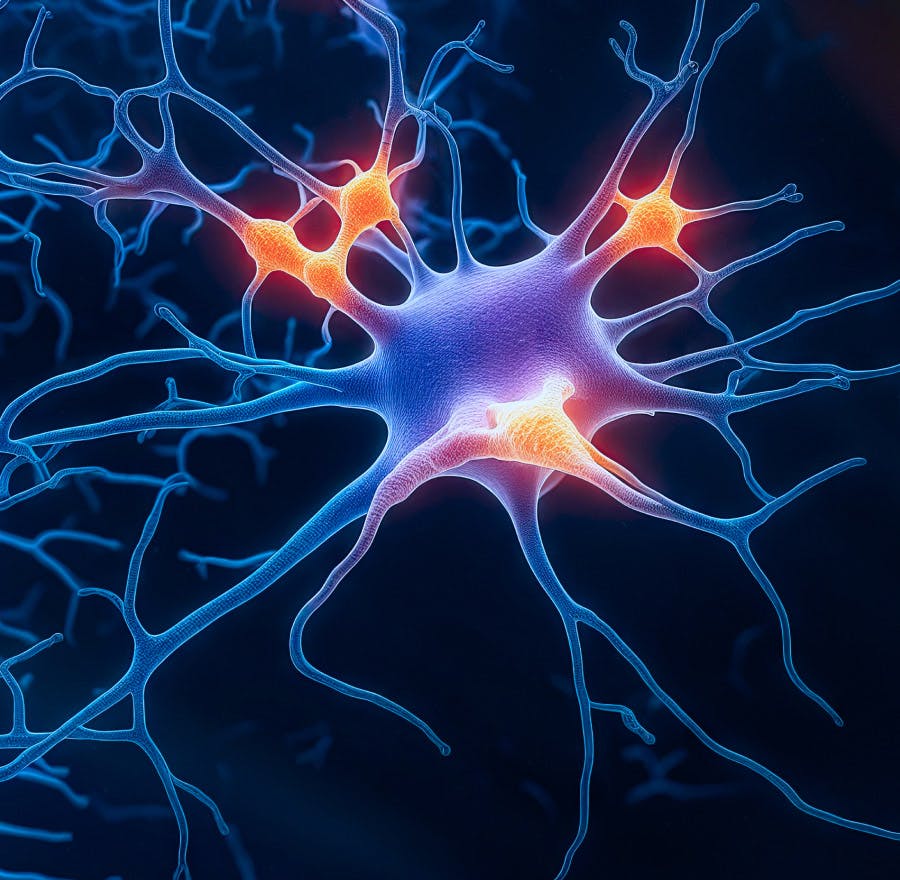California Neurosurgical Institute in Valencia and Encino
Facing a brain tumor diagnosis can be overwhelming. At California Neurosurgical Institute, we understand the emotional challenges that come with it. Our compassionate team is here to provide personalized care and world-class surgical options so you can navigate this challenging time with hope and confidence.









